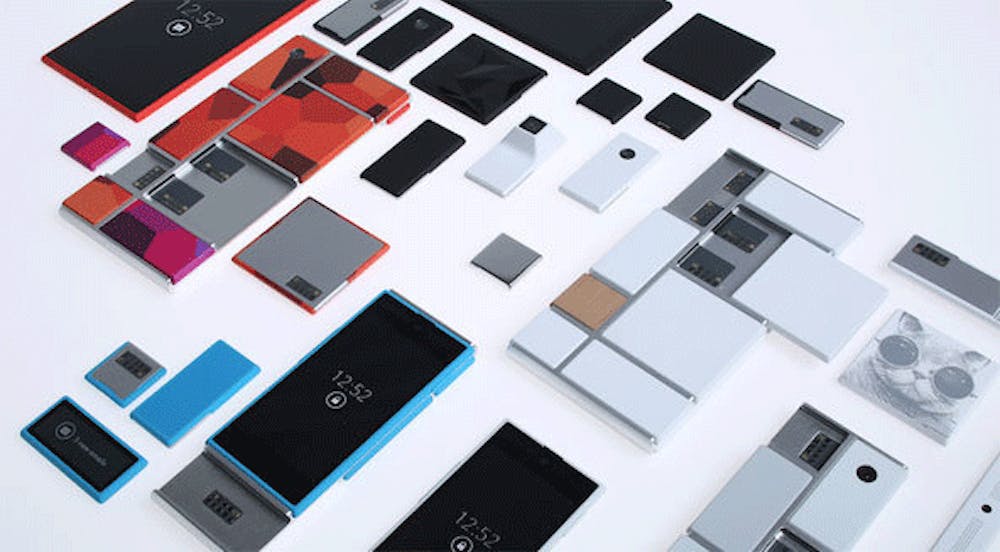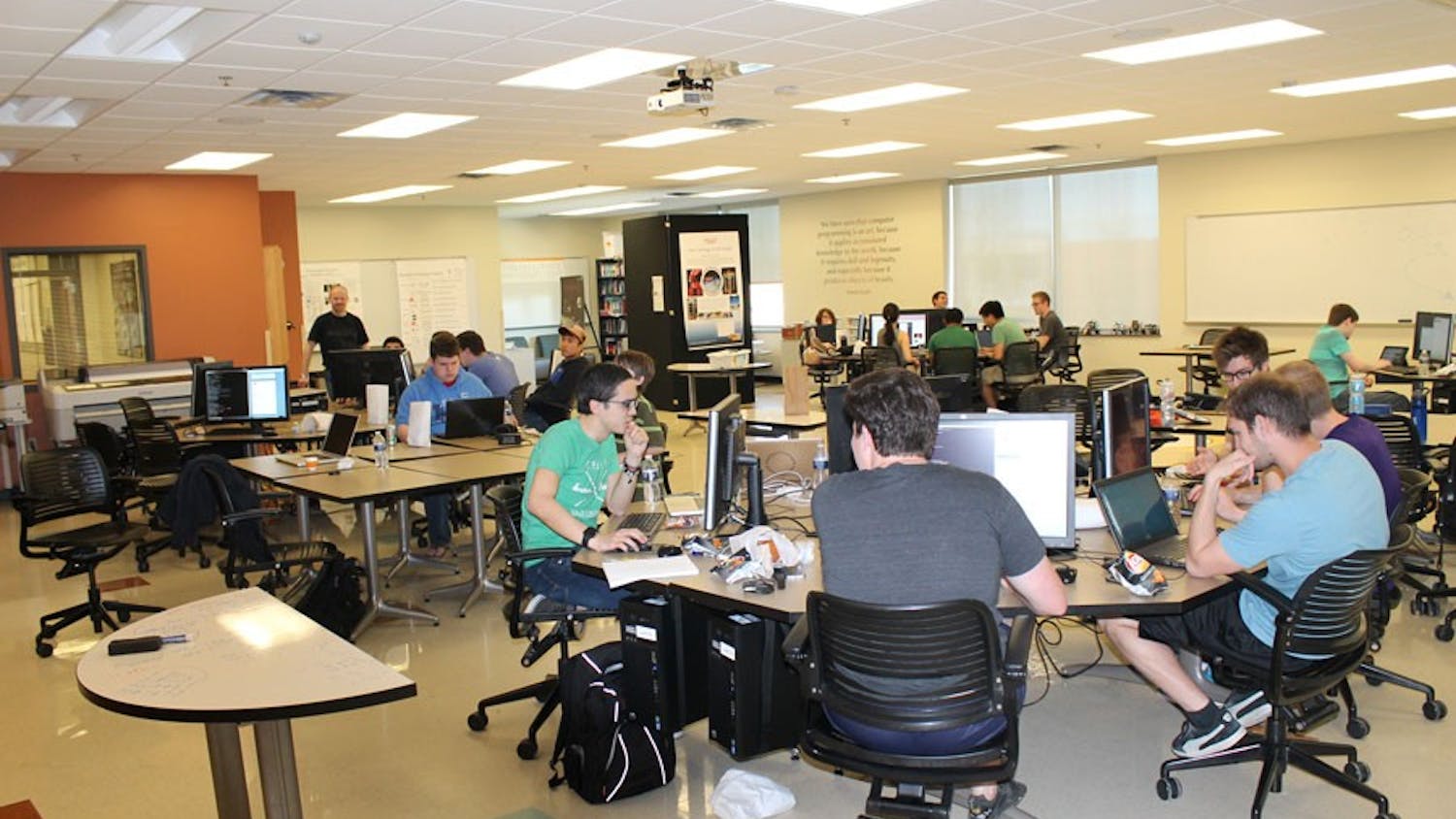By Chelsea Molin | Echo
Every day, millions of electronic devices are thrown out because one component fails. Dutch designer David Hakkens wanted to solve this problem, so he created Phonebloks, a company attempting to create the world's first upgradeable and customizable smartphone.
Phonebloks is based around the idea of building a phone from a base and adding each part (camera, speaker, memory, battery, etc.) onto that. Each part, known as a "blok," could be interchanged for an upgrade.
Now Phonebloks is teaming up with Motorola to build this more sustainable smartphone. Their collaboration revolves around Motorola's Project Ara, an open source platform for developing modular smartphones.
"Recently, we met (with Hakkens)," Motorola's Paul Eremenko wrote on the company's blog. "Turns out we share a common vision: to develop a phone platform that is modular, open, customizable and made for the entire world."
Eremenko said that the excitement and community that Phonebloks created fit perfectly with Motorola's current technical work. Work on Ara will be not be kept behind closed doors in an effort to engage with the Phonebloks community.
"Phonebloks is a big fan of getting the people involved right from the start," Hakkens said in a press release. "Working together with a large company on this scale is quite revolutionary . . . They can't make bad moves when the world is paying attention. The crowd can influence the direction of the project."
Phonebloks hit 979,372 supporters on "Thunderclap Tuesday," the day the company had asked all their followers to share Phonebloks on social media sites to get the word out.
"There's clearly interest," said computer science professor Jonathan Geisler. "(And) there definitely are very low-level systems that do similar ideas, so I think it's technically feasible."
He added that the problems developers might face might not be related to actually building the phone.
Price, for example, is a potential problem.
"I think there's a place for it," said computer science professor Stefan Brandle. "The question is, can they get the price to a point where (most people) can afford it?" He added that although the total cost of ownership may be equal to the cost of other smartphones, if the initial price is too expensive, people may not buy it.
Stephen Gilliland, a senior computer science and engineering major, said the phone might be more of a niche product, drawing interest of techies but perhaps not the rest of the world.
"I'm sure it would have a certain . . . fan base," Gilliland said. "The thing is, we don't really think practically about how we use our phones. It's usually not something breaking that causes us to get new (ones) . . . but new features and the latest technology . . . . We're not thinking sustainably."
In the meantime, Project Ara is working with Hakkens to develop a structural frame (known as an "endo") and modules for the device. This winter, they plan to invite developers to create modules for Ara's platform.
"Stay tuned," Eremenko said. "There will be a lot more coming from us in the next few months."
To learn more, visit phonebloks.com.




